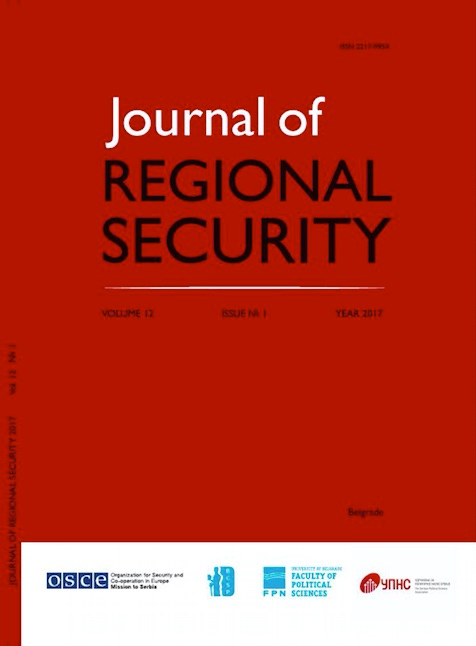Implementers? The Role of International Organisations in EU Funding for External Migration Policy
Sažetak
The EU is a major funder of migration projects around the world. There is a relationship of interdependence between the EU and international organizations, with the former offering funding and the latter offering implementation capacity. This paper explores this relationship in more detail. In particular, it explores how these international organizations are involved in the EU funds beyond implementation. This paper employs an organization theory approach to explain this central role of international organizations. This article argues that these organizations carefully navigate between the ‘company’ and ‘political’ organizational types. Moreover, the Commission and these organizations can be better conceptualized as forming a ‘partial’ organization. This holds implications for transparency and accountability in this area of growing spending. Three organizations are looked at in the context of this paper: The International Organization for Migration (IOM), the UN High Commissioner for Refugees (UNHCR), and the International Centre for Migration Policy Development (ICMPD).
Authors retain copyright of the published papers and grant to the publisher the non-exclusive right to publish the article, to be cited as its original publisher in case of reuse, and to distribute it in all forms and media.
The published articles will be distributed under the Creative Commons Attribution 4.0 International License (CC BY). It is allowed to copy and redistribute the material in any medium or format, and remix, transform, and build upon it for any purpose, even commercially, as long as appropriate credit is given to the original author(s), a link to the license is provided and it is indicated if changes were made. / The published articles will be distributed under the Creative Commons Attribution ShareAlike 4.0 International license (CC BY-SA). It is allowed to copy and redistribute the material in any medium or format, and remix, transform, and build upon it for any purpose, even commercially, as long as appropriate credit is given to the original author(s), a link to the license is provided, it is indicated if changes were made and the new work is distributed under the same license as the original.
Users are required to provide full bibliographic description of the original publication (authors, article title, journal title, volume, issue, pages), as well as its DOI code. In electronic publishing, users are also required to link the content with both the original article published in Journal of Regional Security and the licence used.
Authors are able to enter into separate, additional contractual arrangements for the non-exclusive distribution of the journal's published version of the work (e.g., post it to an institutional repository or publish it in a book), with an acknowledgement of its initial publication in this journal.
Authors are permitted to deposit author’s pre-print / author’s post-print (accepted version) / publisher's version (PDF) of their work in an institutional repository, subject-based repository, author's personal website (including social networking sites, such as ResearchGate, Academia.edu, etc.), and/or departmental website prior or during the submission process / at any time after the acceptance of the manuscript / at any time after publication.
Full bibliographic information (authors, article title, journal title, volume, issue, pages) about the original publication must be provided and links must be made to the article's DOI and the license.

